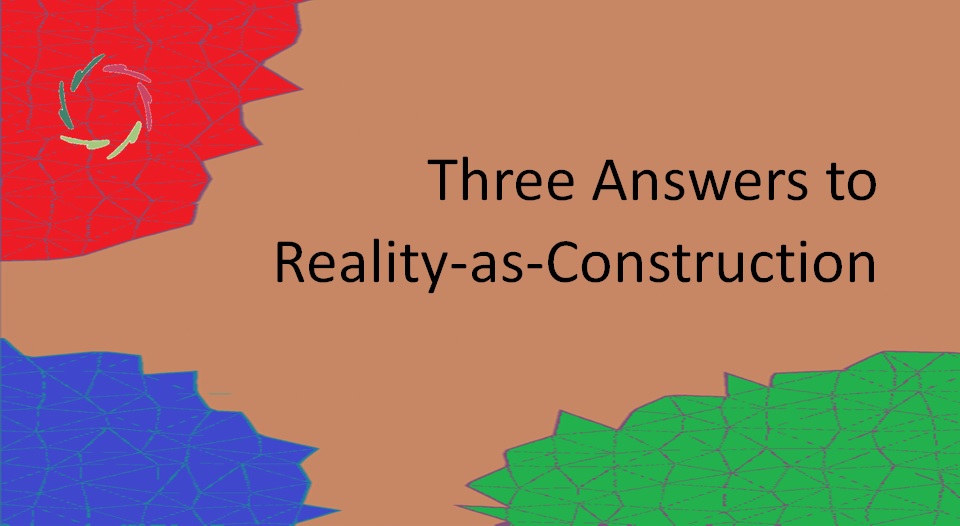Motivating towards Sustainability

How to attain durable motivation? Especially in case of a future-oriented goal such as sustainability, one needs to go towards ‘deep’.
People are difficult to motivate towards the future.
Not because ‘caring for the future’ is irrational, but because human motivation internally is not always rational. One can be motivated for a while, then things come between and gone is motivation. Every New Year, for instance. What comes between are mainly other motivations.
The winner takes it all? Perhaps for a while. In any case, sustainability needs to be deeply attractive. How?
Deep motivation towards sustainability is spiritual and ethical.
Without the need for imposing a particular belief, let alone in a vengeful God. Spirituality is a feeling of oneness, connectedness, oriented towards more than ego, towards ‘nature’, towards other people now and in the future.
Seeing linkages rather than separation.
This is also ethics: through oneself, helping others. Ethical persuasion is powerfully motivating, including towards sustainability.
Note that:
AURELIS is non-ideologically spiritual.
AURELIS is ethical: open, deep, free, respectful, trusty. [see: “Five Aurelian Values”]
AURELIS is a philosophy of growth: humanism including ecology. The ‘total human’ has nature inside. You cannot take care of one without the other.
Popular culture
creates a screen, primarily by shared values, beliefs, relationships, technological solutions…, in many tradeoffs, enabling information flow but also distorting it. Many elements together form an intricate self-perpetuating pattern. Changing only distinct elements hardly changes anything.
Thus, it’s important to place sustainability as a cultural norm, integrated into consumer expectations. Without attitudinal change, nothing changes durably. To accomplish this, social issues should be seen as part of the deal, in negative and positive ways, rather than as irrelevant obstacles.
We need to understand them. In order to understand them, we need to at least start positively.
For instance, sustainability is not easily reachable in austerity. People want to enjoy.
Positive messages are preferable.
Contrary to doom thinking, fear-mongering, trying to ‘scare into action’ as environmentalism sometimes does.
Note that:
AURELIS carries a very positive philosophy.
Moreover, good health frees up energy for participation. The message is indeed hopeful.
Needed for broad sustainability: rationality and depth
Without ethical depth, there is no durability in (reaching for) sustainability. Without values, there is no direction in which to be sustainable, nothing to be motivated towards.
Without rationality, even running in an ethical direction will not lead to much sustainability. Skepticism is necessary. Many idealistic environmentalists tend to overlook this. To them – as well as in much of popular culture – skepticism/rationality/objectivity appears cold and pointy-headed. This causes much wrong to the good cause, dividedness, aggression and loss of motivation.
Rationality and depth need to be brought together in other for sustainability to prevail.
Note that:
AURELIS is based on two principles: rationality and depth.
[see “AURELIS USP: ‘100% Rationality, 100% Depth’”]


